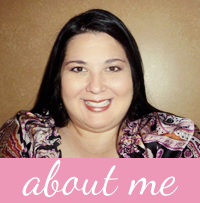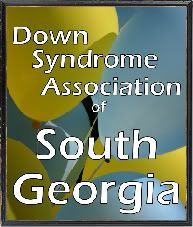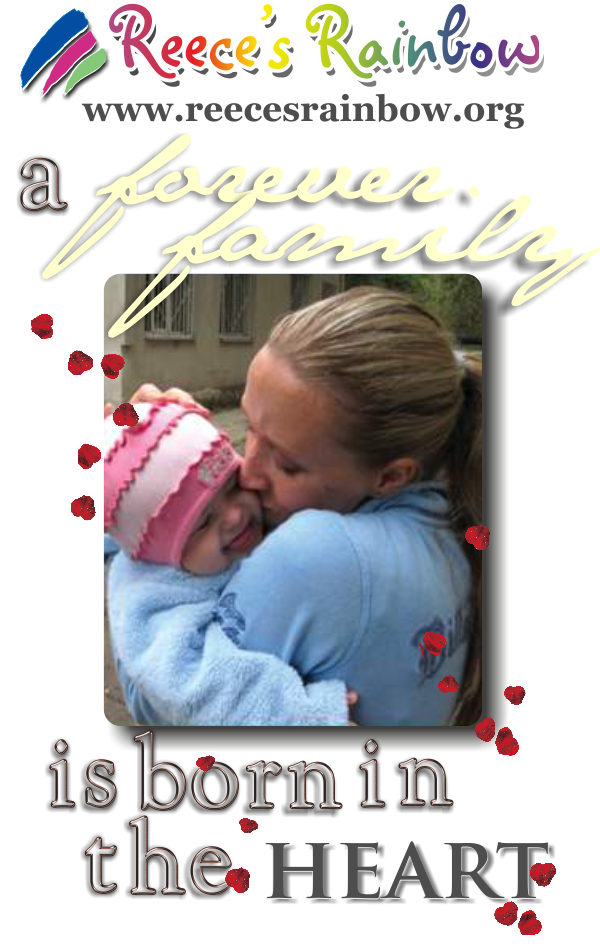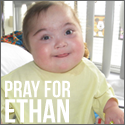One of the big challenges you see with children and adults with Down syndrome is speech. In the last three years we have managed to find new means of communicating without the use of the verbal word on Katie’s part. Receptive (understanding what is being said) language skills are a strength for our children. It is the expressive (speaking and composing sentences) language skills that we work on repeatedly with our children. The difficulties come in the timing of the speech, coordination of muscles used for speech and the timing of the speech. It takes coordination of your breathing, voice and how you produce speech sounds. Some other factors that can hinder how they speak have to do with sensory processing and oral tactile issues. Non-verbally we have been exposed to new ideas with deep roots, such as sign language.
I cannot tell you how much Katie loves signing. It was recommended to me early on that signs had helped other children with Ds greatly, and upon further questioning, found many of the parents I talked with using Signing Times. I cannot recommend this series of videos, books and flash cards enough. You can get the app for the iPad and iPhone also. Great stuff! My daughter (and I) have learned so many signs. She will do signs that I have no clue of what she is doing. She understands signs that I do and will name them for me. She won’t do but a few signs for us when I ask her to, but I hope that in time she will use more than the basic signs to communicate with us. Anyway, Signing Times is another post for another day. To supplement that, you can find websites with thousands of other signs too. One site is http://handspeak.com. They have about 5,000 signs and a short 2-3 second video to show how to do each sign. Pretty neat stuff. Now where was I?
Our children usually do show strength in nonverbal communication with such things as picture exchange systems, signs and gestures. Speech therapy is usually targeted for them in infancy and into their childhood. Learning to talk is a big part of their development, especially socially and emotionally. It is important for all of our children to have their hearing tested regularly as this can also impact their speech in a huge way. We have laminated pictures of Katie’s favorite things so that she can pick a choice between a few cards. Stuff such as her drinking cup, cookies, chips, toys, and pictures of the family. We also have flash cards in many different themes. A, B, C’s, animals, shapes, colors, first words, on and on the list goes. We like to show her the flash cards and she can tell us what the picture is. We are just now exploring the use of the iPad for communicative programs. I heard so many wonderful things about the iPad that I knew it was a must have for us and I am exploring different apps now for Katie bug. I am going to recommend you get one if you don’t have one for your child. The iPad has the most apps for special needs of all the devices out there. Check out this website---Apps for Children with Special Needs. This site is excellent for learning about all the apps geared to our kids. You can find them by clicking here.
Right now we are doing speech therapy 3 times a week. Twice in private therapy and once in school. (She is in school 3 days a week at the public school.) My child’s verbalization of words has exploded since we started school this year. She is very chatty at both of her schools and during therapy. I hear her watching her videos and trying to sing the songs and I am just so proud. She has said words like Doritos and has strung some words together like—go, bye bye, school all at the same time or go, walk, bye bye. I think I am guilty too along with other family members of just anticipating her needs also. We are trying so hard to try to “force” her to say what she wants. For example—she hears me at the ice machine putting ice in my cup, she coming trotting into the kitchen and she is looking at me. I know she wants a drink. I try to get her to say drink to me. She will usually just keep looking at me or she will grunt. Sometimes she will say the word or sign it without prompting, but usually I have to ask her if she wants a drink and she may or may not say drink or sign drink after I do it.
Something I want to hear more than anything else from her mouth---I love you. I can’t wait to hear her speak those words to me verbally. She will sign it now and it makes me so incredibly happy when she does it. As with everything else…I take what I can get and work on all the rest. It will all come in Katie’s time.
For new parents, this is a nice, quick overview of speech from the National Down syndrome Society.
National Down syndrome Society article related to speech
Down syndrome education online also has a great overview article about speech. You can find that here.
National Down syndrome Congress also has some great articles on their website. You can find those articles here.
.
Subscribe to:
Post Comments (Atom)














Awesome post, Donna! Full of great info!!!!!
ReplyDelete